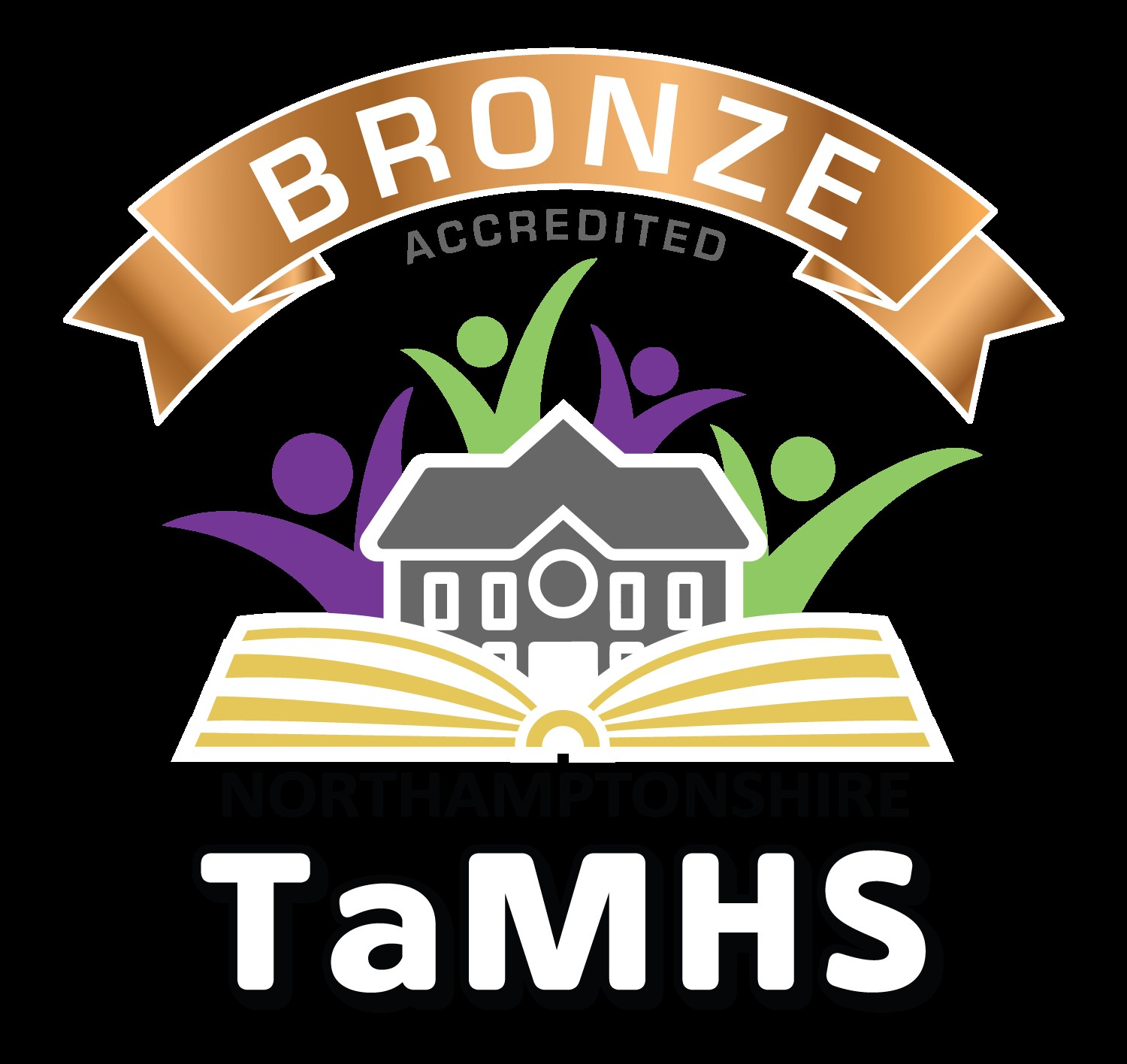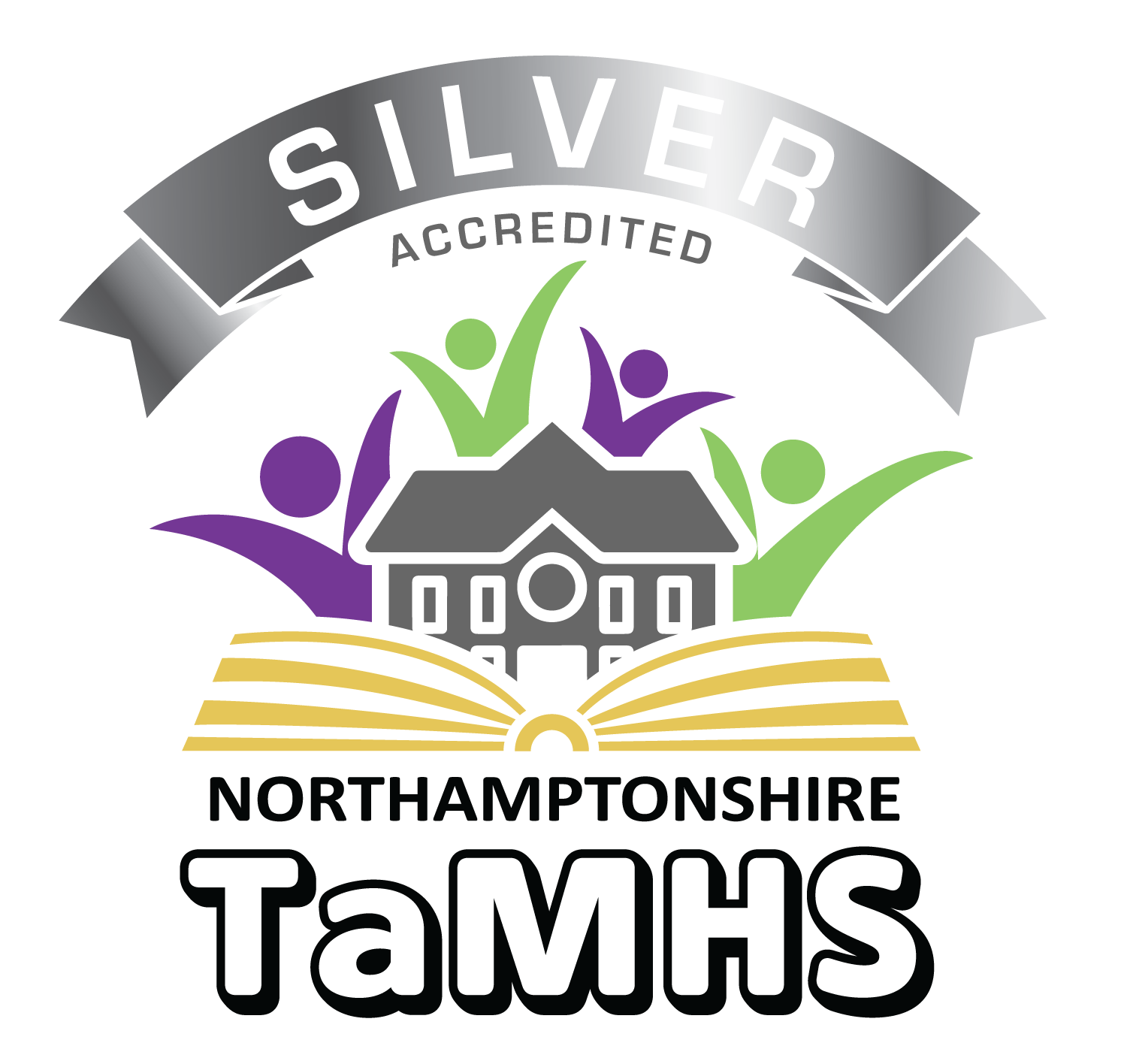Curriculum
Once children start school, they begin learning phonics straight away. There is an ambitious curriculum in place. The books that pupils read closely match the sounds they know. - Ofsted October 2023
Phonics and Reading
At Wollaston Primary School we are committed to the delivery of excellence in the teaching of Phonics. We aim to develop each child so that they are able to read with fluency as well as develop a love of reading that will stay with our children all their lives. Being able to read is the most important skill children will learn during their early schooling and has far-reaching implications for lifelong confidence and wellbeing.
The use of phonics is one of the many skills needed to be able to be a reader and writer. We aim to teach high quality phonics to ensure the children have the best start possible in reading and writing. The learning of phonics is the beginning of a child’s body of knowledge, skills and understanding, that are an essential part of learning to read. In order to read and understand texts, children must learn to recognise/decode the words on the page. Good quality phonics teaching allows the child to be secure n the skills of word recognition and decoding which allows children to read fluently. This will result in children being able to read for pleasure and will allow them to move on to develop higher order, reading for meaning skills. These phonic skills need to be taught systematically and involve a variety of resources for all learners.
Our children are entitled to a Phonics curriculum which enables them to:
- Gain a progressively deeper understanding of the phonetic structure of the English language.
- Apply their phonic knowledge and skills to decode unfamiliar words fluently and accurately.
- Read rapidly to apply what they have learned across the whole curriculum.
- Create fluent readers, confident speakers and willing writers.
- Develop a lifelong love of reading.
Writing
Our children follow a writing journey to support them in becoming independent and fluent writers. We use a range of resources to support this starting with a modelled text, focusing on features, planning and writing the final piece. Our children are encouraged to edit their work; checking for spelling mistakes, missed punctuation and age-appropriate grammar and vocabulary to ‘up level’ their work.


Mathematics at Wollaston Primary School
Everyone at Wollaston Primary School can learn Mathematics successfully no matter what their background or ability. Our Mathematics curriculum is taught daily using the PowerMaths scheme. PowerMaths is a resource that has been designed for UK schools based on research and extensive experience of teaching and learning around the world and here in the UK. It has been designed to support and challenge all pupils and is built on the belief that EVERYONE can learn Mathematics successfully from early years through to Y6. The philosophy behind PowerMaths is that being successful in Mathematics is not just about rote learning procedures and methods, but is instead about problem solving, thinking and discussing. Many people feel they were taught Mathematics in a way that was memorizing formulas and calculation methods, then having to apply them without any real understanding of what or how these methods work. PowerMaths includes practice questions to help children develop fluent recall and develop their conceptual understanding. PowerMaths lends itself to the Rosenshine philosophy where the lesson has progression. There are different elements, informed by research into best practice of teaching and Mathematics teaching, which bring the lessons to life:
• Discover - Each lesson begins with a problem to solve, often a real-life example, sometimes a game or a puzzle. This allows the teacher to show the ‘I do’.
• Share – The class shares their ideas and compares different ways to solve the problem, explaining reasoning with both hands-on resources and drawings to make ideas clear. This allows children to develop their understanding of the concept with input from the teacher creating a safe environment.
• Think together – The next part of the lesson is ‘we do’, digging a little deeper and deeper so that each child builds secure foundations while being challenged to apply their understanding in different ways and with increasing independence.
• Practice – Now children practice individually or in small groups, rehearsing and developing their skills to build fluency, understanding of the concept and confidence.
• Reflect – Finally, children are prompted to reflect on and record their learning from each session and show how they have grasped the concept explored in the lesson
. • PowerMaths is a ‘small steps’ approach, sometimes called a mastery approach. This means that concepts are broken down so that a child can master one idea without feeling overwhelmed. Teachers follow the scheme with the expectation that they can adapt this to the needs of their class


